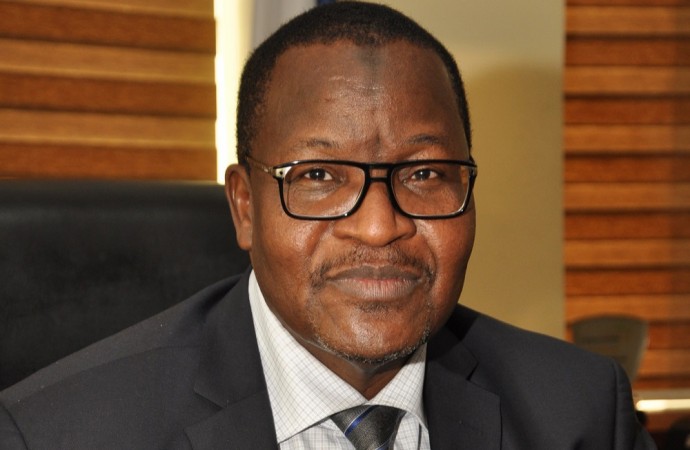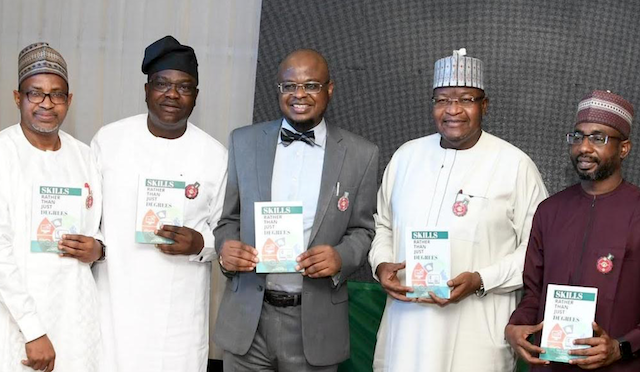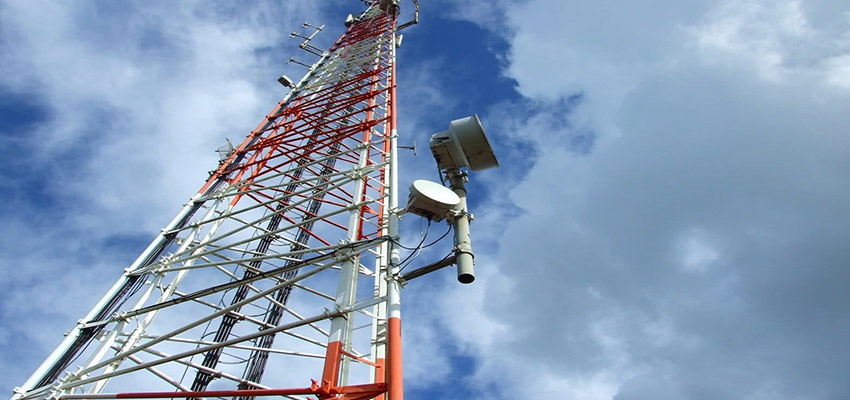The Nigeria Communications Commission (NCC) and some Information Technology experts have called for collaboration in the telecommunications industry to support Mobile Virtual Network Operators (MVNOs) to achieve effective service delivery.
The Executive Vice Chairman, NCC, Prof Umar Danbatta, said at the Telecoms Sector Sustainability Forum (TSSF) on Friday in Lagos, that such collaboration would bridge the digital gap between the unserved and underserved.
MVNO is a wireless communications service provider that does not own wireless infrastructure over which it provides services to its customers.
The EVC said in NCC’s drive to create an enabling environment, it licensed MVNOs to generate employment and also bridge the gap between the unserved and underserved.
Danbatta was represented by NCC’s Director of Licencing and Authorisation, Alhaji Muhammad Babajika, at the forum with the theme, “Creating Awareness and Ensuring Sustainability of Mobile Virtual Network Operators (MVNOs) in Nigeria’s 5G Ecosystem.”
Danbatta said the MVNOs would also further engender competition and provide choices for telecommunications consumers.
He said it was, therefore, imperative for the stakeholders in the industry to collaborate.
‘’The effort would contribute positively while continuing to ensure that operations are conducted within respective telecommunications licences to ensure that service challenges and demands are adequately delivered.
‘’I know that the success of this gathering will result in strengthening partnerships for improved service delivery,” he said.
The managing director, Wireless Technology Labs, Mr Satya Mekala, in his presentation titled, “How to build a successful MVNO Business in Nigeria,” said MVNOs had the opportunity to improve lives and societies.
He said MVNOs had the capacity to improve lives and the society by opening up the benefits of mobile services to lower income families and smaller companies, thereby making substantial contributions to the economy.
The Chief Operating Officer, WTES, Mr Chidi Ajuzie, said the MVNO helped the local ecosystem to grow, creating new jobs and promoting digital initiatives.
Ajuzie said the biggest challenge faced by MVNOs was the possibility of big telecommunications companies stifling them if there was a perceived threat.
In her welcome address, Managing Editor, Business Remarks, said mobile technology played an increasingly important role for consumers and businesses alike, and for many Nigerians.
Olarenwaju said mobile broadband was the first and only option for accessing the internet.
She said its increased growth and adoption had created an opportunity for MVNOs to provide new digital solutions for small and large enterprises and customers.
According to her, this is primarily because MVNOs have the flexibility, agility, connectivity, and competitive pricing to develop new value-added solutions, innovative B2B, B2C, IoT applications, rich communication messaging and offerings.
Olarenwaju said until recently, MVNO penetration across Africa had been relatively slower than the rest of the world.
She said the COVID-19 pandemic had created more opportunities for MVNOs to position themselves as competitors within the market.
‘’The introduction of MVNOs is believed to add value for both operators and customers.
“For the operators by using their available excess capacity and for the customers by offering innovative and several niche value-added services that were not offered by Mobile Network Operators (MNOs).
‘’From the consumer side, MVNOs can provide more competitive offerings, which means lower costs without compromising on service,” Olarenwaju said.
She said utilising network capacity without having to own it freed up costs that were passed down to the consumer.
According to her, MVNOs can also offer a more tailor-made service via MNOs, which tends to offer more of a generic service that suits the masses.
She, however, said the TSSF series would run for five years to harness and evaluate the successes recorded in this segment of the Nigeria telecom sector.




